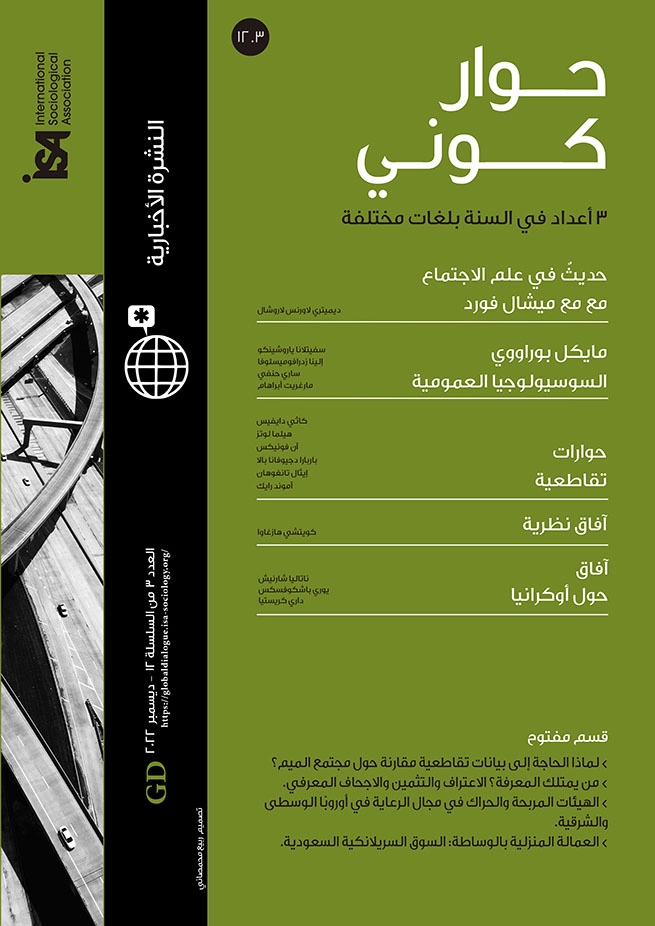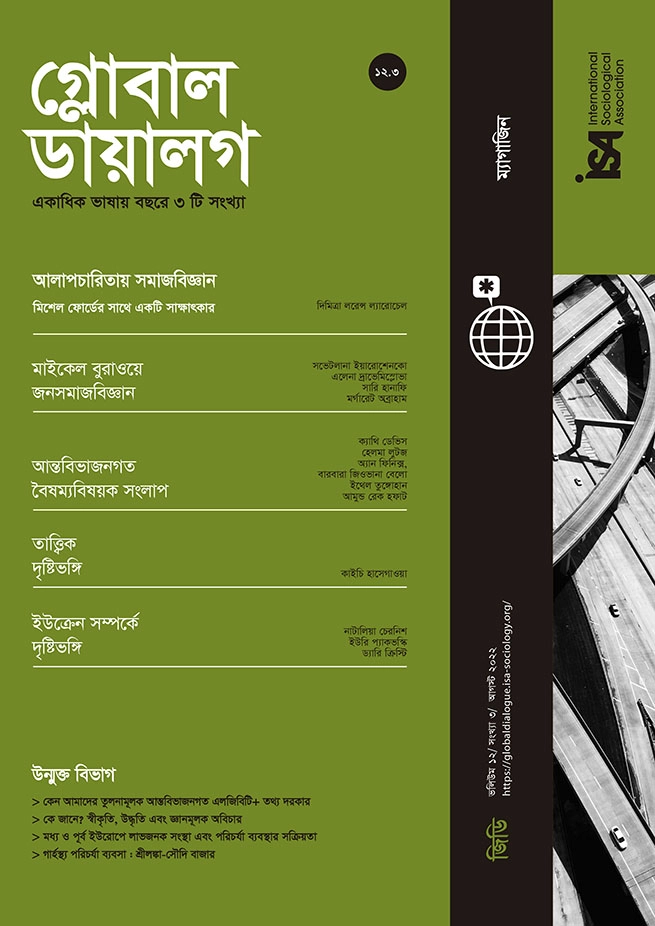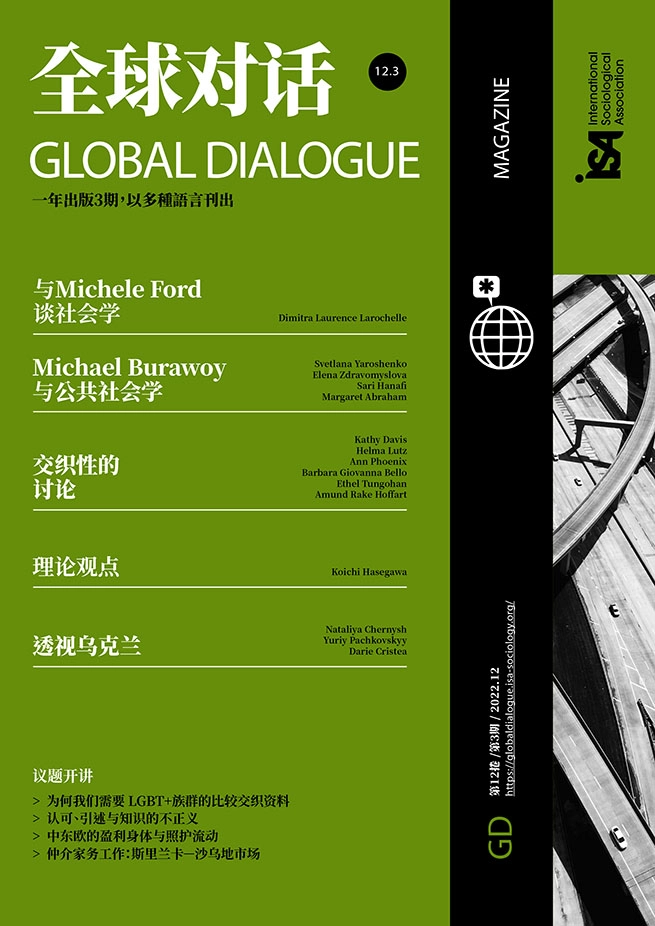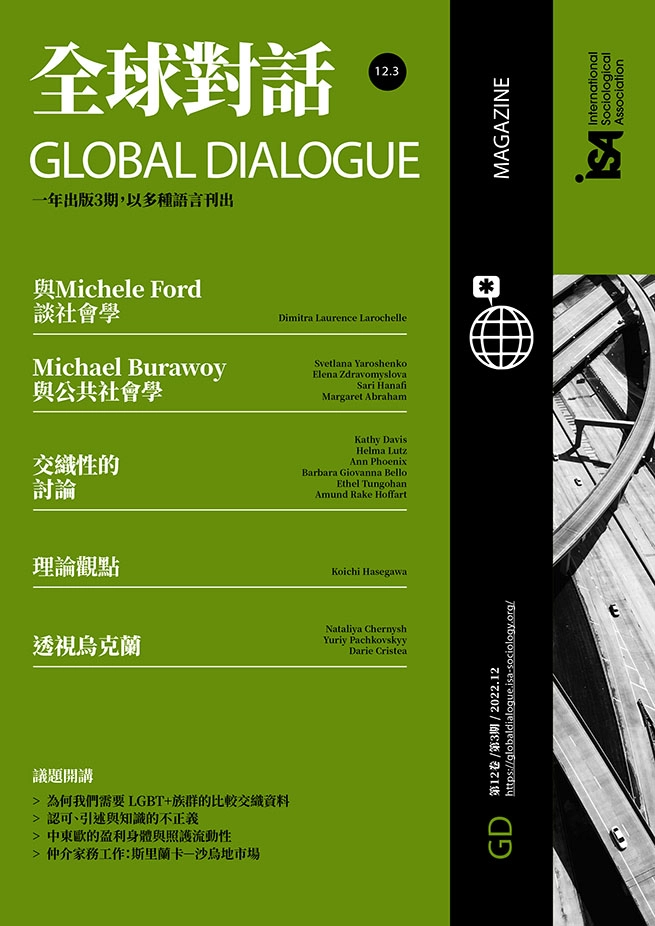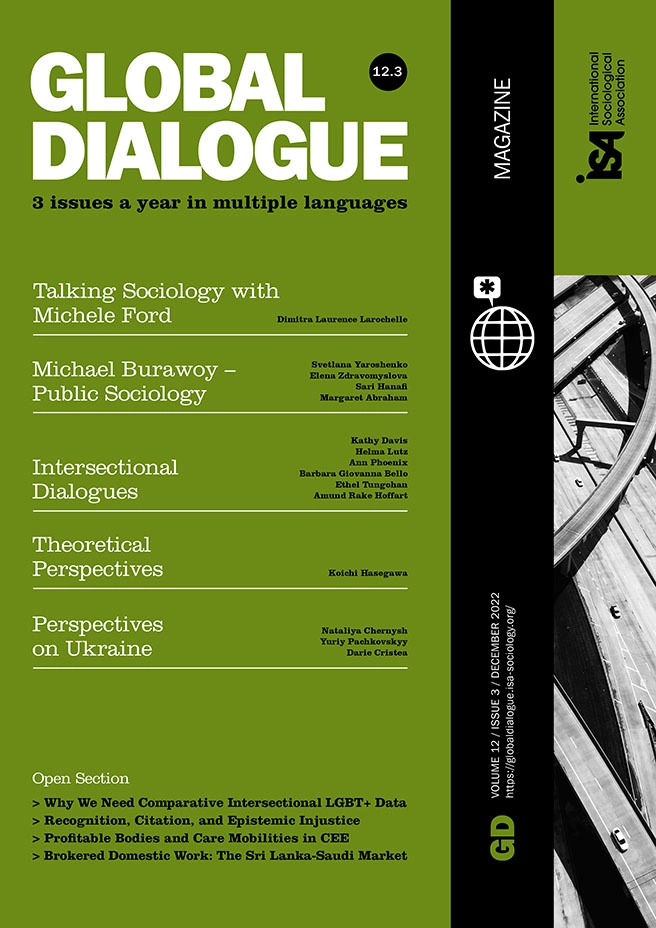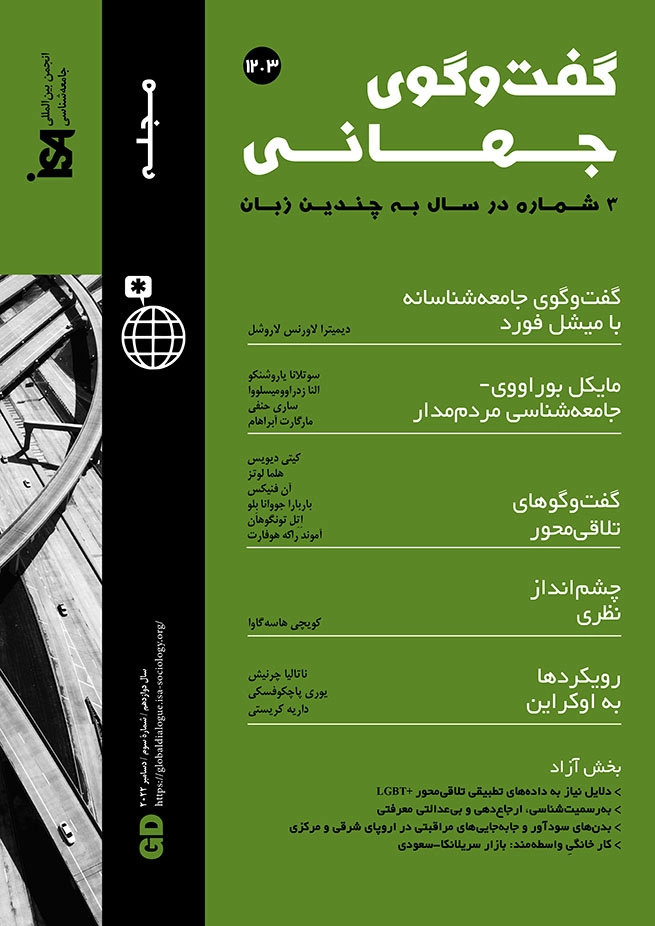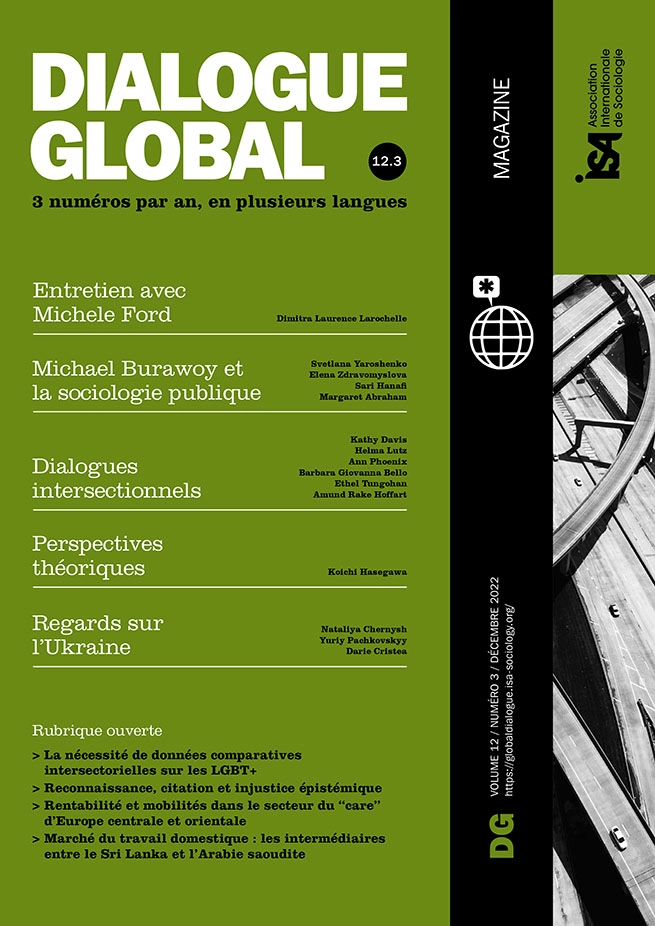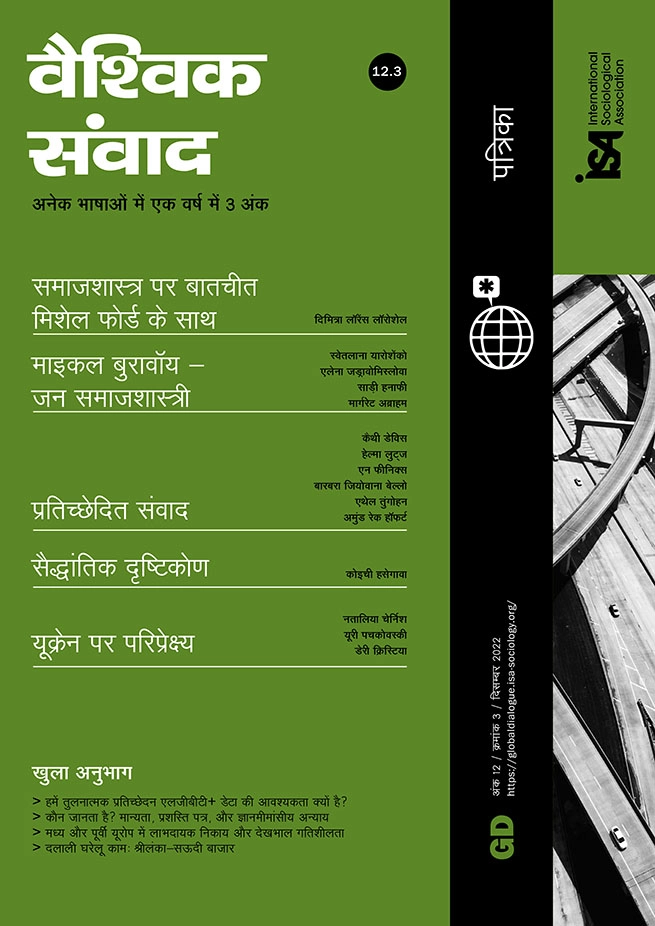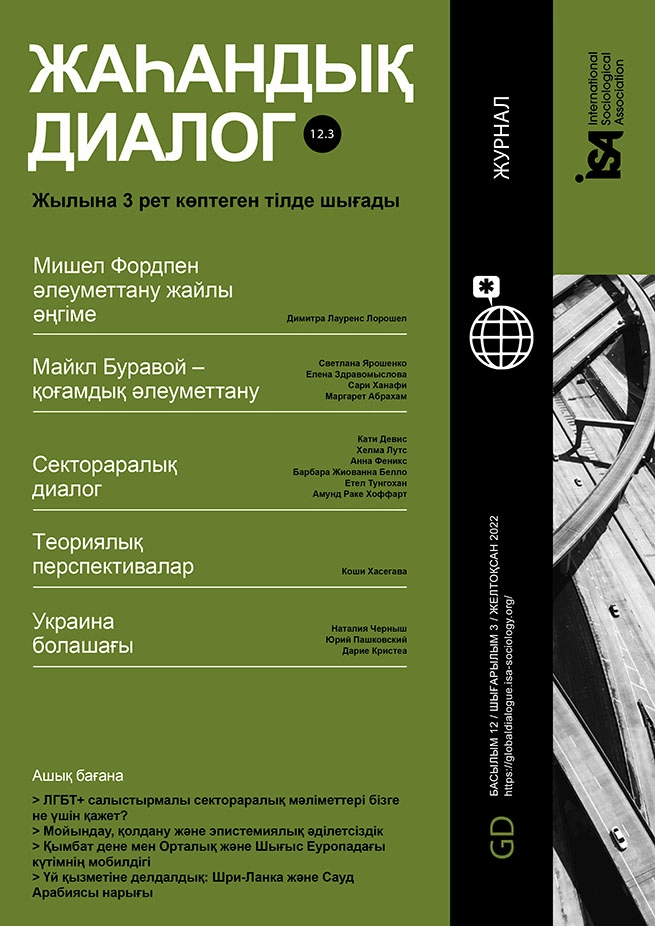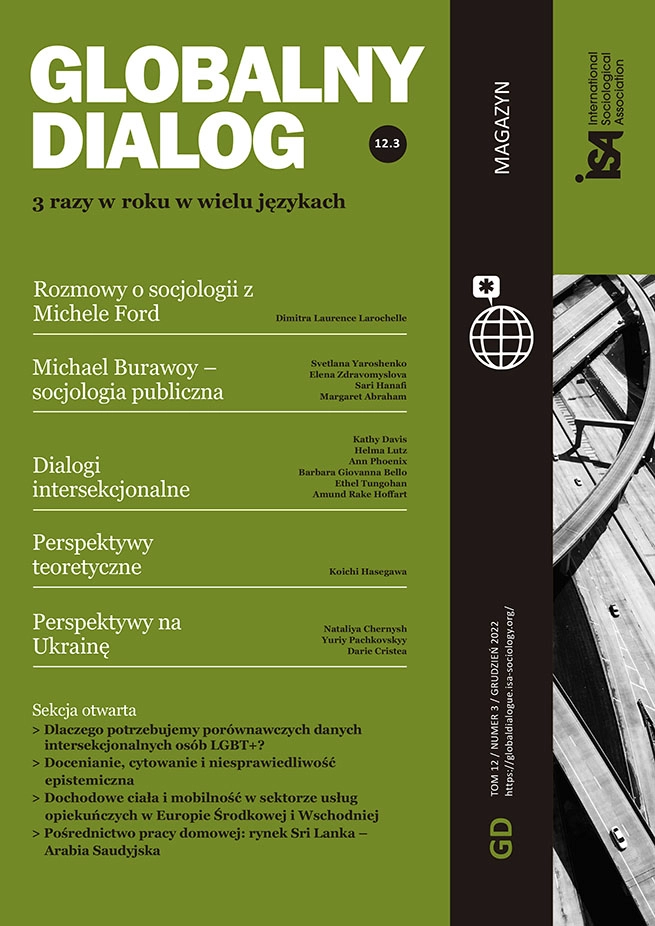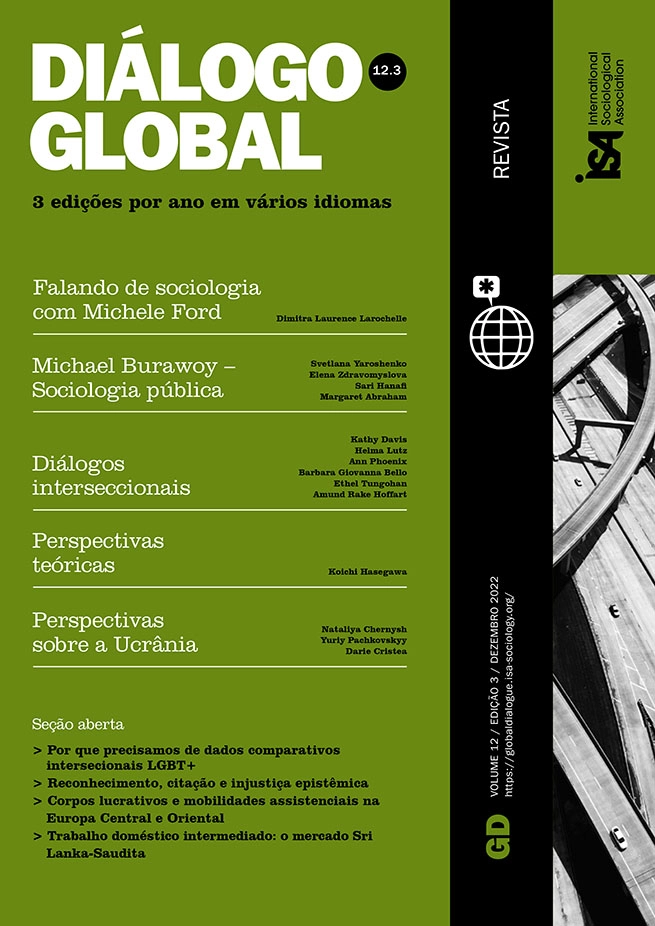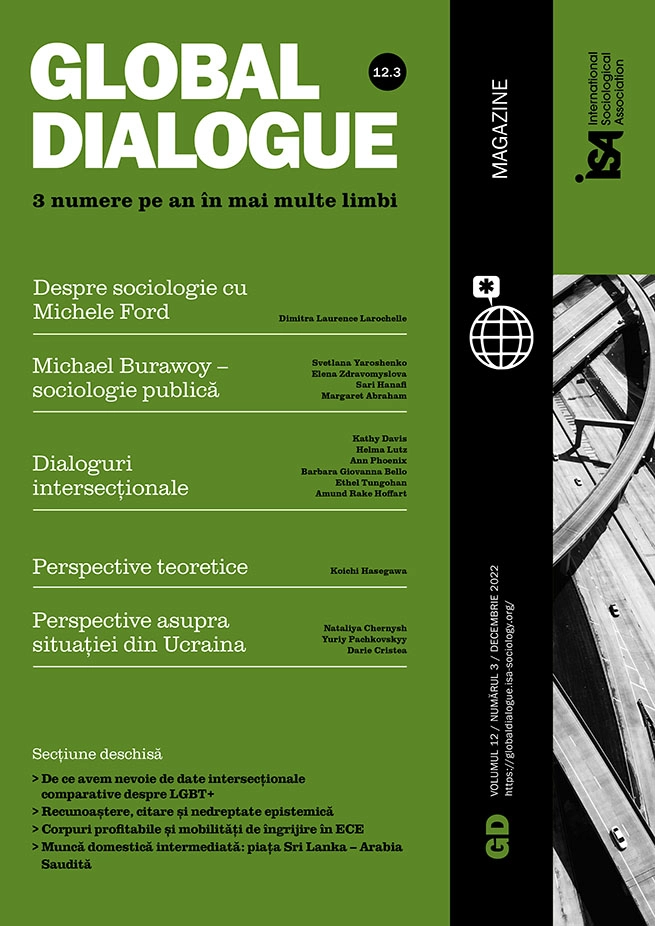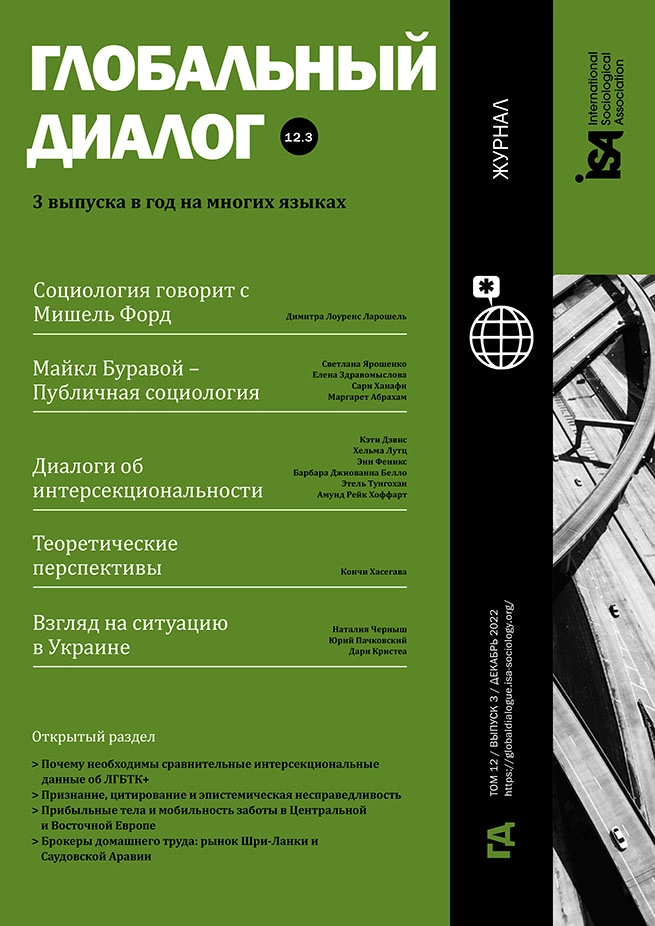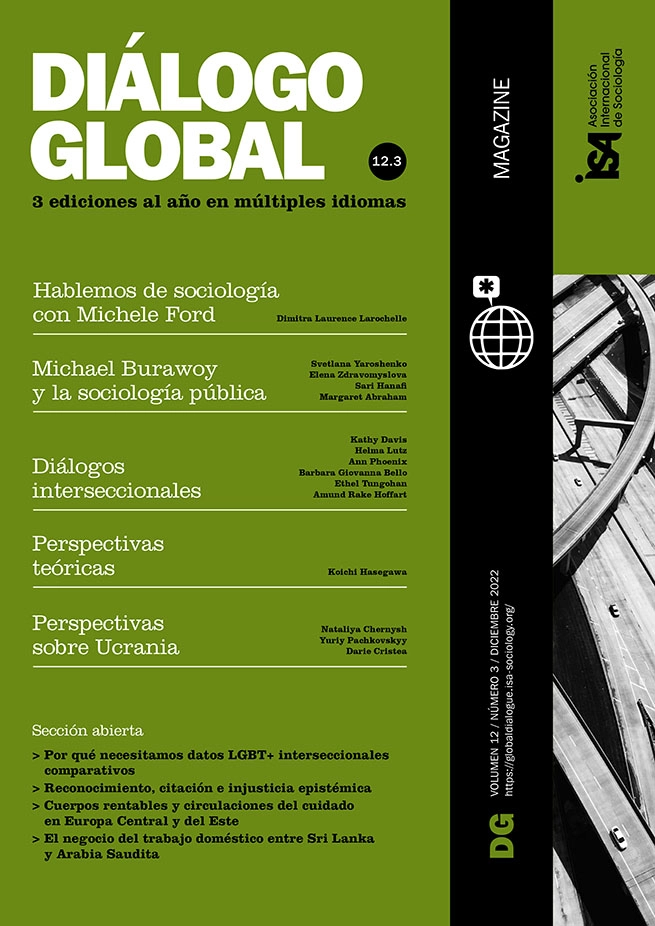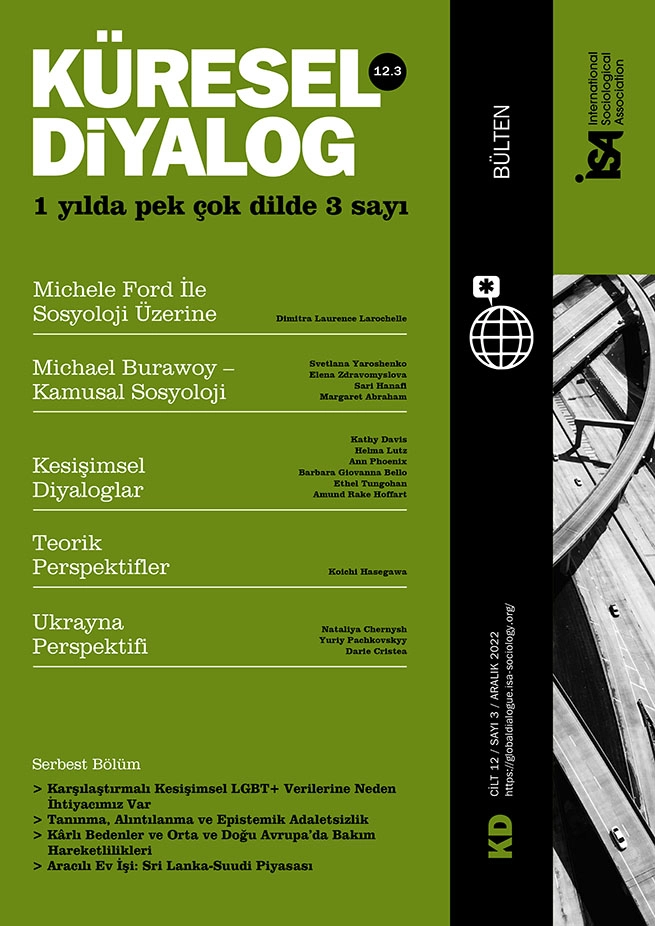Brokered Domestic Work: The Sri Lanka-Saudi Market
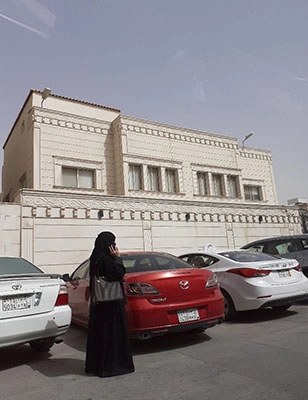
October 20, 2022
Since the early 1980s, Sri Lankan women have been migrating in great numbers as domestic workers to the oil-rich Arabian Gulf. This labor outflow was an outcome of Sri Lanka’s economic liberalization reforms in 1977 and the Arabian oil boom in 1973, which opened up a profuse market for paid domestic labor in a context of globalization. Today, migrant domestic work has become one of Sri Lanka’s key exports in terms of the contribution to foreign exchange earnings. Of the Gulf domestic labor importers, Saudi Arabia remains significant, with Sri Lanka and Saudi Arabia having forged a mutually beneficial, long-standing buyer-seller exchange in the global care market. Sri Lanka can thus be identified as a transnational labor broker that trades on domestic labor for a commission, which is worker remittances.
In the process of care brokering, private migration brokers (PMBs) play a central role: the majority of Sri Lankan women seek their assistance in finding paid domestic work in the Gulf. This article provides a synopsis of domestic care brokering by PMBs in the Sri Lanka-Saudi care market as a constituent element of the global political economy of care. The paper draws on fieldwork carried out in Sri Lanka and Saudi Arabia in 2019 and 2020, respectively.
The brokering process of migrant domestic workers
The process of the mobilization of domestic care in the Sri Lanka-Saudi migration corridor involves PMBs based in both Sri Lanka and Saudi Arabia who provide the essential transnational linkage between Sri Lankan migrant domestic workers (SLMDWs) and Saudi employers in the marketized delivery of domestic care.
As private recruitment agents outsourced by the respective governments, these PMBs in Sri Lanka (local agents – LAs) and Saudi Arabia (foreign agents – FAs) organize and ease the mobility of migrant domestic workers (MDWs) in many different ways. The process of mobility starts off with a Saudi employer’s “job order” for a SLMDW placed with a FA. Subsequently, the FA obtains the mandatory order approval by the Sri Lankan Mission in Saudi Arabia and dispatches the approved order to the LA who takes it from there. The LA, after obtaining order registration by the Sri Lanka Bureau of Foreign Employment (SLBFE), reaches out to find aspiring MDWs, screens them, and selects those who meet the criteria, e.g., salary, age, experience, language proficiency (Arabic), and religion (Muslim/non-Muslim). In searching for aspiring MDWs, the monetized service of Sri Lanka’s village-level subagents proves useful as the go-between linking city-based LAs and village-based aspiring MDWs, connecting them across geographical and social space.
The applications of the selected candidates are then dispatched to the FA, from which the employer chooses a MDW who best fits his/her criteria. Upon the employer’s confirmation, the LA continues with the mobilization process by helping the MDW to obtain SLBFE approval as well as the necessary documentation, including passport, visa, medical and SLBFE training certificates, and a two-year work contract. The LA also bears the MDW’s airfare and a personalized commission, with all recruitment costs recovered from the agency fee. Finally, after the MDW has arrived in Saudi Arabia, the FA receives her at the airport and entrusts her to the employer. During the contract, both the LA and FA are expected to provide the MDW with necessary follow-up services, e.g., intervention in the event of her ill-treatment by the employer.
Interestingly, this privatized arrangement of paid domestic labor does not come cheap. It involves a local agency fee of about $3500 for a SLMDW. This local agency fee is borne by the FA, who recovers it from the agency fee paid by the employer, equivalent to $5500 to $6500 for a SLMDW. The agency fee can thus vary depending on such factors as the MDW’s age, experience, religion, language proficiency, and references, which determine her “price” in the care market.
Private migration brokers: facilitators or jeopardizers?
The SLMDWs’ experiences and outcomes of migration are significantly conditional upon PMBs, local and foreign, who afford them a strategic resource as enablers of their journeys abroad. That said, PMBs play a part in the precarization, if not hyper-precarization of migrant domestic work, given that an overwhelming majority of SLMDWs originate from already precarized, impoverished local backgrounds. The brokers are often responsible for the creation of structural conditions that jeopardize the lives of the MDWs in the circuits of mobility, primarily in terms of overpriced agency fee, disinformation, and lack of follow-up services. Of these, agency fee, often considered excessive and unreasonable, is explicitly linked to creating a situation of indentured/bonded labor. Given that agency fee is steep and borne by the employer, for MDWs it induces a relationship of indenture with their employers and resultant adverse working conditions in the Saudi homes.
PMBs are “a necessary evil” in the Sri Lanka-Saudi transnational care market. For MDWs, they are key to the realization of their migration trajectories and aspiration for socioeconomic mobility. Similarly, for the states at both ends of the care chain, they serve as agents of socioeconomic and political stability. All in all, PMBs apparently characterize an ever-present phenomenon in the Sri Lanka-Saudi migration corridor.
Conclusion
Sri Lanka-Saudi domestic care brokering epitomizes an ideal instance of capitalist market penetration of social reproduction and the irregularities this eventuates. On a platform of neoliberal globalization, PMBs have increasingly represented domestic work as a desirable commodity, thus setting off conflicting discourses of economic potential and hyper-precarity. In this sense, brokered migrant domestic work questions the propriety of the intrusion of instrumental means into the reproductive realm; yet, it simultaneously unfolds the possibility of a union between the reproductive and the productive in the care economy.
[This article draws on the project, ‘Ideal’ Migrant Subjects: Domestic Service in Globalization, funded by the Austrian Science Fund (FWF), Project M 2724-G, Lise-Meitner-Grant, duration 11/2019-10/2022. Applicant/Head: Dr. Wasana Handapangoda and co-applicant/mentor: Prof. Dr. Brigitte Aulenbacher, Johannes Kepler University Linz, Institute of Sociology, Department for the Theory of Society and Social Analyses.]
Wasana Handapangoda, Johannes Kepler University Linz, Austria <wasana.handapangoda@jku.at>

